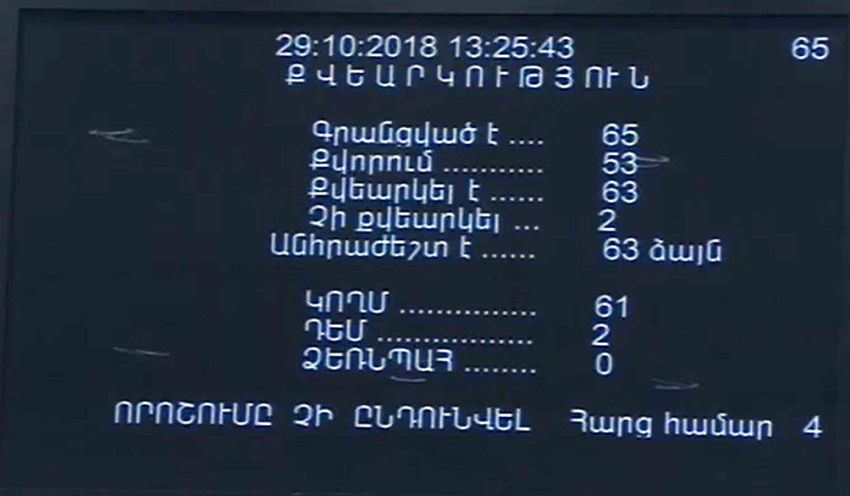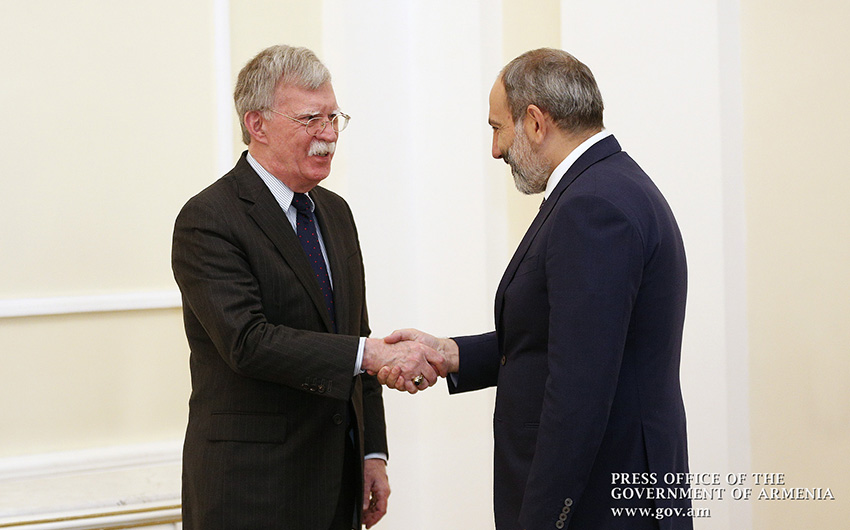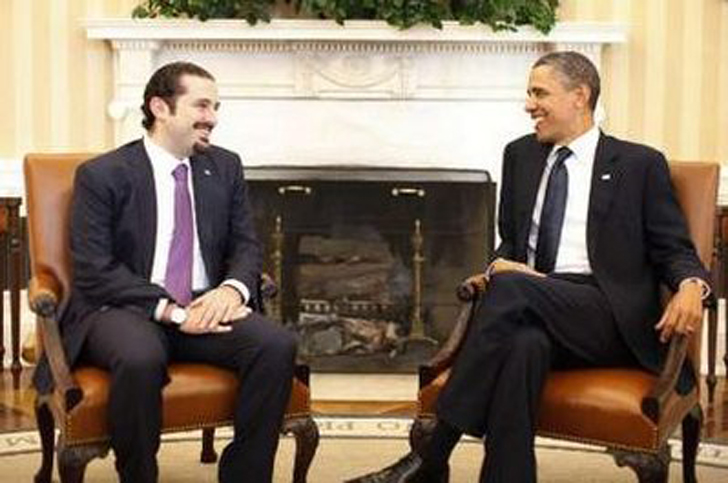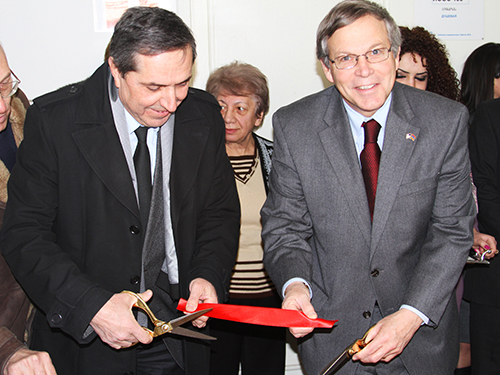YEREVAN (RFE/RL) — The largest parliamentary party on Monday again effectively blocked the passage of a raft of major amendments to the Electoral Code drafted by his government for snap general elections expected in December.
One week after voting down the package the Republican Party of Armenia of ex-president Serzh Sarkisian again opposed the changes that were one more time brought to the parliament floor after more than a quarter of lawmakers initiated a relevant special session, using their powers.
The amendments formally approved by the government on October 16 are aimed at facilitating the proper conduct of the elections. They would, among other things, change the existing legal mechanism for distributing seats in the National Assembly which many believe favored the HHK in the last parliamentary elections held in April 2017.
Under Armenia’s constitution, any amendment to the Electoral Code must be backed by at least 63 members of the 105-member parliament. Only 62 lawmakers voted for the government bill this time around, with two lawmakers voting against it.
Still a week ago Pashinian accused the parliament majority of “sabotaging” the work of his cabinet. The former ruling party has dismissed the accusations, insisting that it has officially voiced its opposition to the proposed changes and simply followed its policy.
The HHK deems it wrong to change the Electoral Code less than two months before expected general elections. It has also accused the government of ignoring a number of alternative proposals that were jointly made by the four political factions in the current National Assembly.
HHK lawmaker Armen Ashotian on Monday described the second attempt at getting the draft legislation passed as “a travesty of democracy.”
“Changing an electoral law just 40 days before an election is simply absurd,” he commented, talking to RFE/RL’s Armenian Service (Azatutyun.am).
“Especially explaining such an antidemocratic step by the intention of strengthening democracy is a travesty of democracy,” Ashotian added.
The bill would have passed if at least one of two members of the Armenian Revolutionary Federation (Dashnaktsutyun) faction who were absent from the voting had participated in it and voted in favor of the amended electoral law.
Speaking after the session, Alen Simonian, a lawmaker with the pro-Pashinian Yelk alliance, stopped short of accusing any political party or group of the failure of the bill, but said that individual lawmakers who did not vote for the bill effectively “sabotaged” the effort.
“I think we will participate [in the elections] by the current law and will see whether it will do any good to those who opposed the bill or were pretending to be ill [during the vote]. We’ll see whether they can succeed in being returned to the National Assembly and have a say in the next parliament, because the [rejected] bill was designed to ensure maximum representation in the National Assembly,” Simonian said.
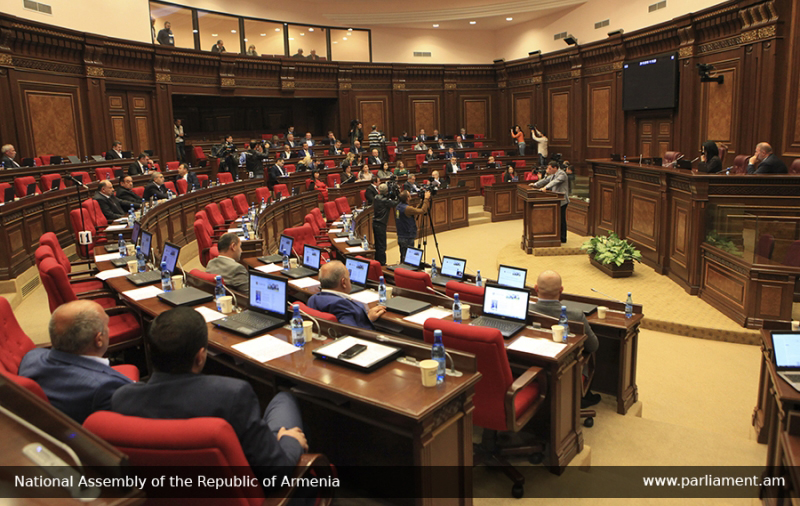

In the 2017 elections, Armenians voted for not only parties and blocs as a whole but also their individual candidates running in a dozen nationwide constituencies. The individual races greatly helped the HHK to score a landslide victory at the time. Wealthy HHK candidates relied heavily on their financial resources and government connections to earn both themselves and their party many votes.
The bill put forward by Pashinian’s government also envisaged safeguards against vote rigging and other major changes such as lower vote thresholds for winning seats in parliament and recovering election deposits.
Gianni Buquicchio, the president of the Council of Europe’s Venice Commission, said on October 20 that the draft amendments “pursue legitimate aims and seem mostly positive.” In a statement, he also noted “the specific situation in Armenia, which requires the holding of early elections.”
Buquicchio said at the same time that the commission still has “reservations” about the proposed change of the electoral system. He stressed, though, that “these reservations are less relevant if there is consensus among political forces about the change.”
The Armenian National Assembly is expected to be dissolved later this week when, according to an apparent political agreement, its members will again vote down the candidacy of acting Prime Minister Nikol Pashinian for the post of the head of the government or otherwise fail to elect a new prime minister.
Today’s narrow defeat of the key election bill, therefore, almost certainly means that the expected preterm general elections in December will be conducted in accordance with the existing legislation.
Acting Prime Minister Pashinian and his political team have expressed confidence that they will win the expected ballot and form the next government either way. They have argued, at the same time, that amendments to the existing electoral legislation would have raised the political quality of the election campaigns.

